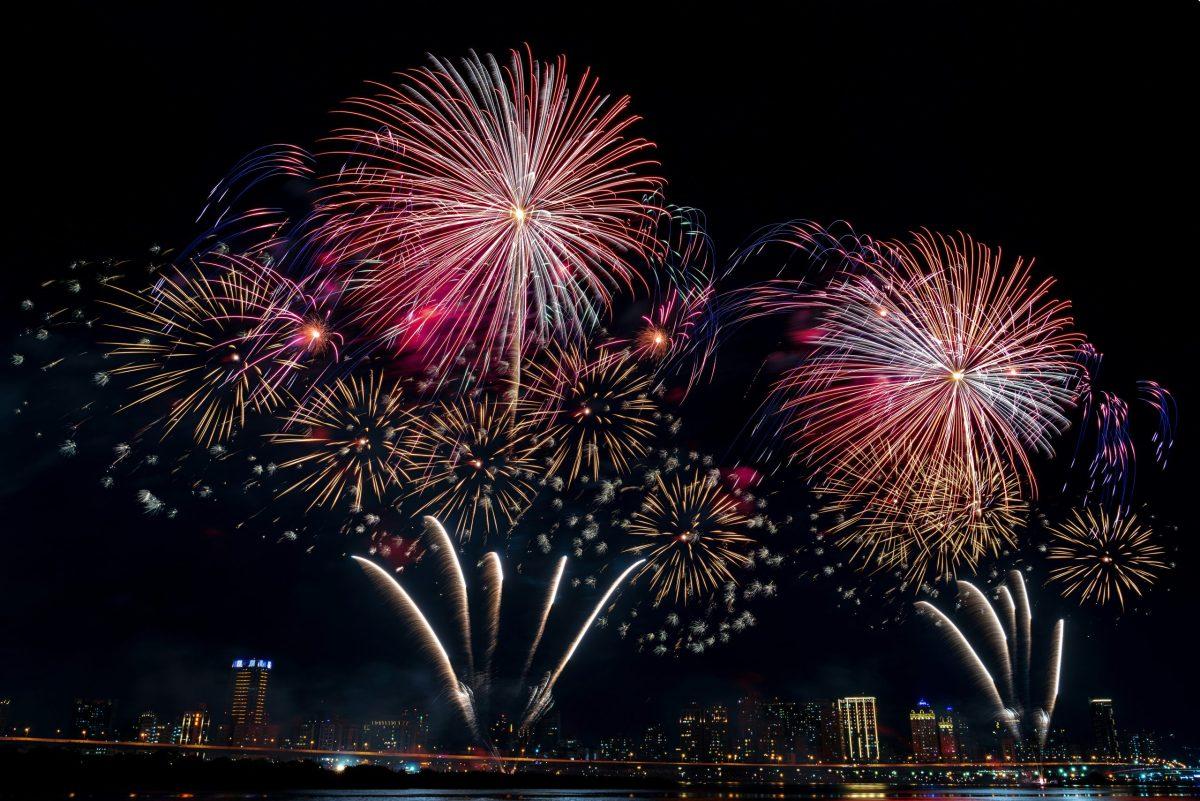Growing up as a Taiwanese-American with 12 years of American-based education in Taiwan, I was mostly exposed to American history courses. Although I occasionally learned about European, African, and South Asian histories, I never took a class, let alone a course, about Taiwanese history, therefore creating a void of knowledge.
Throughout the years of education at my international school, the realization that I should delve into Taiwanese history had never once crossed my mind. I only paid attention to studying American history, as I believed that by doing so, I would gain more academic benefits as an Advanced Placement (AP) student, which in turn caused me to ignore half of my identity.
It was not until last fall when I moved to the U.S. that my interest in self-identification perked. For the first time, I became intrigued by learning about the history of the country that I was born and raised in. During the first few months of college when I was extremely homesick, I decided to read “Green Island,” which follows a Taiwanese woman who navigates a difficult period of censorship and blurred identity during martial law in both Taiwan and the U.S., to gain a sense of nostalgia.
However, after reading the book, it dawned on me that I knew none of the details about my country’s past. Through stories that elder members of my family told, I was aware of the four decade long martial law, but I did not fully acknowledge the long-lasting effects these violent and censorship-filled events had on Taiwanese society.
Looking back at my lack of knowledge of Taiwanese history, I was appalled by how little I knew: how could I ignore Taiwan’s history when I lived there for nearly two decades? Especially while I understood so much about European and American histories? This was something I could not fathom. As someone who recognizes herself as Taiwanese-American and is extremely insistent on emphasizing her Taiwanese identity, I realized that the lack of knowledge of my own country’s past left me unable to fully accept my identity as a Taiwanese, since my beliefs and knowledge were antithetical to one another.
My high school back in Taiwan only provided one Asian history course, exhibiting how American and Eurocentric biases have infiltrated the educational system. Even so, looking back, I feel that there is an erasure of history as I find it difficult to access information online. I believe that the education system can better encapsulate these historical events in classes, raising awareness of the lessons that the younger generation can take from the past.
Even though I was never exposed to history courses regarding Taiwan’s history, my internal acceptance of simply being ignorant of my country’s history was impermissible. If I truly wanted to embody being Taiwanese, it was my responsibility to educate myself on the long-lasting societal consequences of events in Taiwanese history. In doing so, I could foster a sense of compassion towards marginalized groups in those situations and recognize their contributions that have transformed the nation.
There are distinctly human differences in identity, which is what makes humanity so diverse. It is imperative that we each acknowledge our own culture’s history to be able to shape who we are. I aim to no longer live a life laced with ignorance; instead, I hope to work towards truly understanding how these past events have shaped Taiwan’s society and culture. I have been reaching out to older family members for stories, reading more books, and watching historical films that encapsulate the hardships of censorship in Taiwanese history. By doing so, we gain the ability to interact and to communicate with one another, as well as to create bridges for understanding to further enrich our worldviews.




